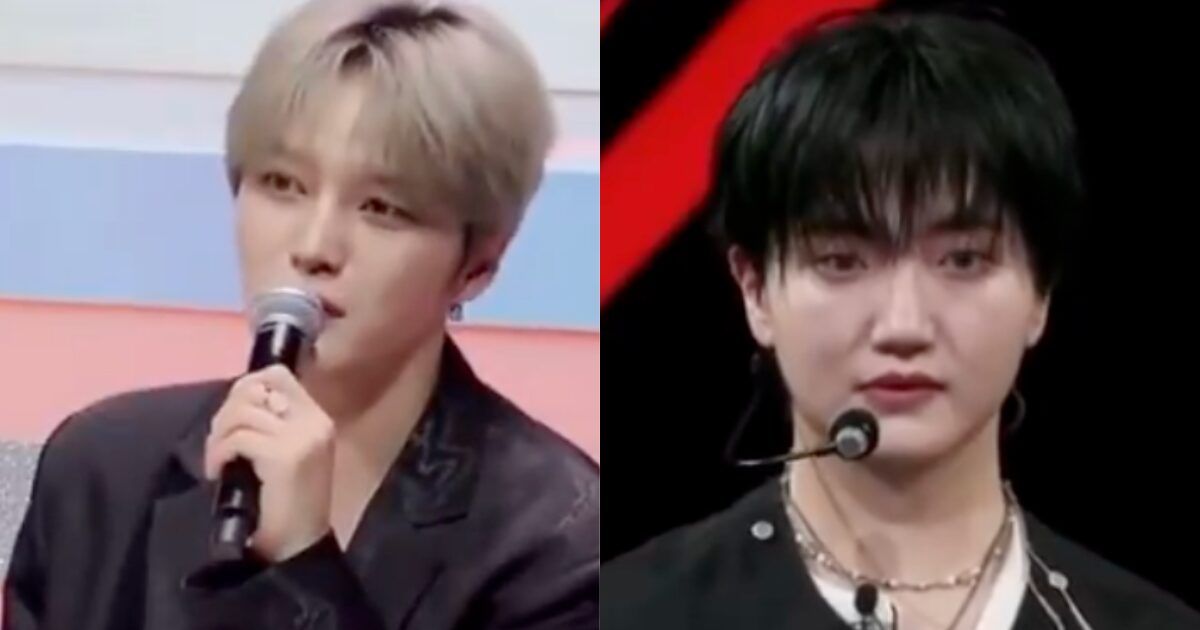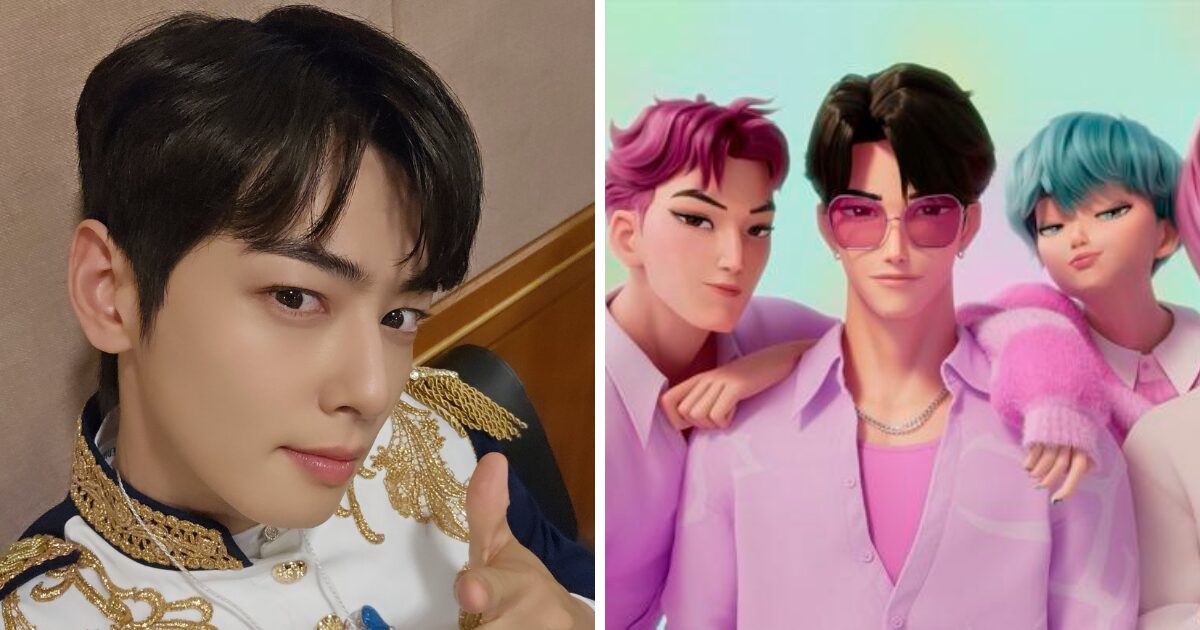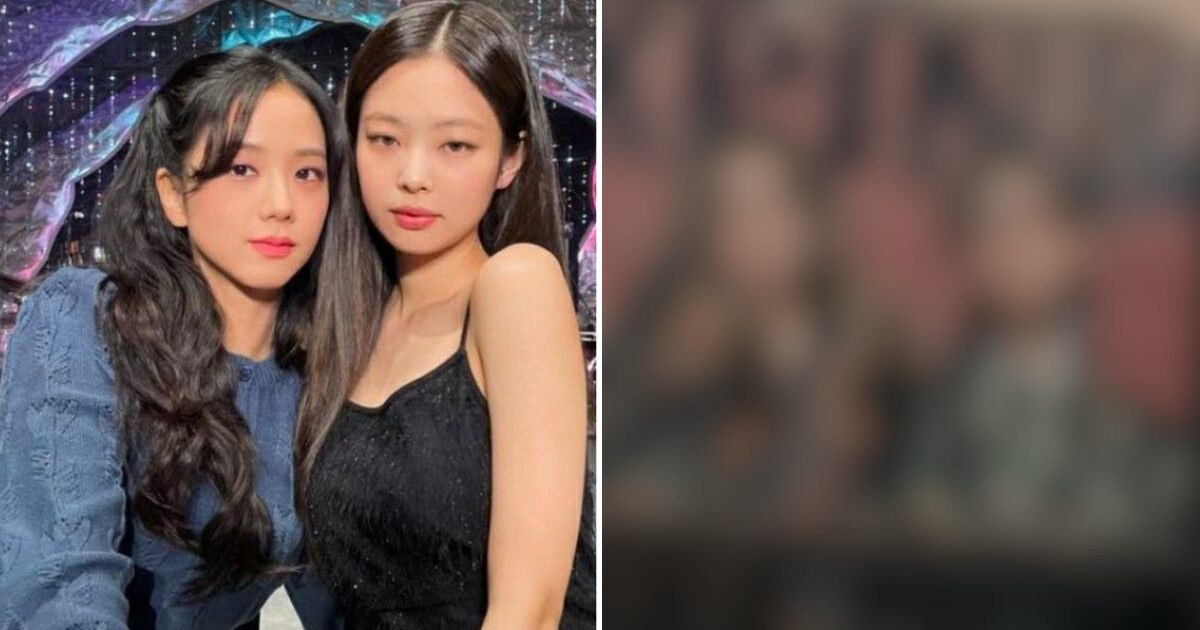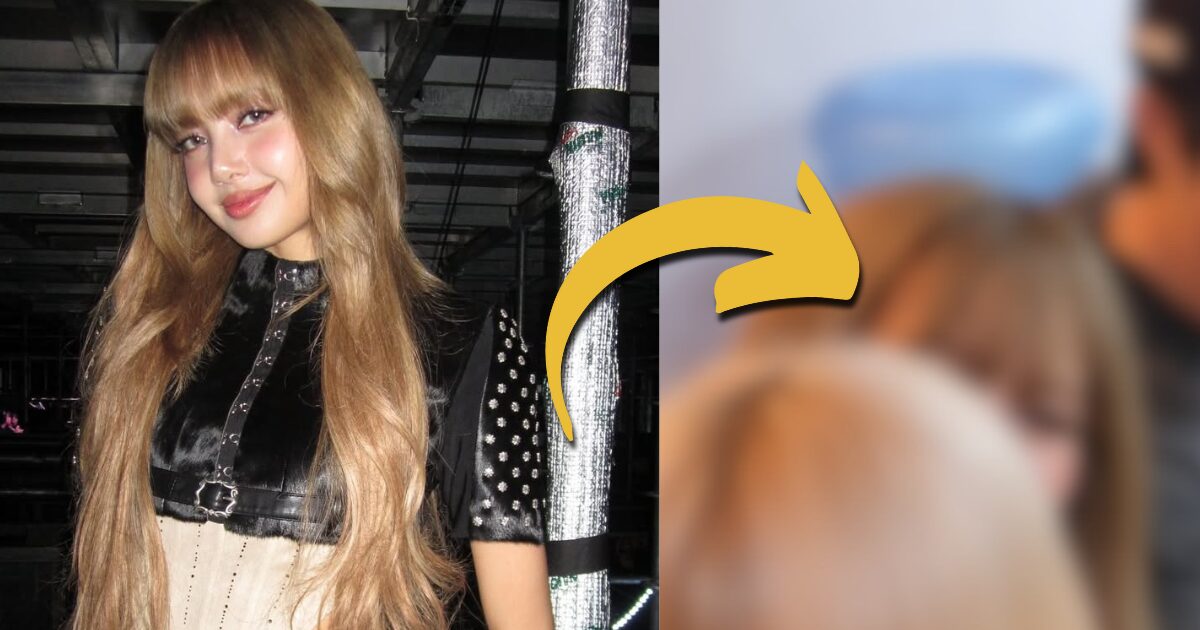In recent years, the music industry has undergone a significant transformation due to the rise of trot audition programs. Stars like Lim YoungWoong and Song Ga In have quickly captured audience attention, overshadowing veteran singers. This shift alters audience preferences and reshapes how music is broadcast.
A notable trend from this transformation is the increasing popularity of cover songs by emerging artists. While audiences enjoy these familiar renditions, they limit opportunities for original songwriters and performers. Many veteran artists now struggle for airtime on television and at live events, highlighting the industry’s diminishing inclusivity.
Concerns about unfair practices surrounding cover songs are rising. The financial benefits mainly go to broadcasting companies and new artists performing these covers, leaving original creators in a precarious position. As broadcasting companies favor popular covers, economic disparities widen, reducing revenue opportunities for vital original songwriters and producers.
Calls for industry reform to address these inequities are growing. Advocates emphasize the need for fair compensation for original artists and a balanced approach that values creativity over mere popularity. Comparisons with global practices in the United States and Japan highlight the need for legal frameworks protecting original artists and ensuring fair royalties for their contributions.
The ongoing debate about cover songs and their revenue structures extends beyond the industry, impacting the future of music itself. Market distortions from the focus on cover songs threaten music diversity and quality, sidelining original works.
As the music industry navigates this transformative period, urgent reform is necessary to restore equity. A balanced model that celebrates original artistry while nurturing new talent is essential for sustainable growth.
In conclusion, while trot audition programs elevate artists like Lim YoungWoong and Song Ga In, the challenges faced by original artists must not be overlooked. Achieving a balance that supports both new and established talent is crucial for the future of music.
This article has been written by Kpopmap AI writer and while we have made efforts to ensure the accuracy of the article, there may be errors or inaccuracies.
 1 month ago
45
1 month ago
45




![[Album Review] J (1st Studio Album) – JAEHYUN (NCT)](https://i0.wp.com/kpopreviewed.com/wp-content/uploads/2025/07/jaehyun-j-1.jpeg?fit=1200%2C800&ssl=1)














 English (US) ·
English (US) ·